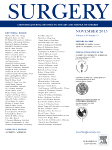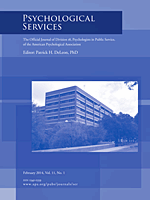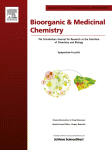 Sometimes, the path to correcting the scientific record takes a few turns. In the case of a paper about a new cancer compound, authorship issues led to a correction and, ultimately, a retraction — along with a double-back to retract the earlier correction.
Sometimes, the path to correcting the scientific record takes a few turns. In the case of a paper about a new cancer compound, authorship issues led to a correction and, ultimately, a retraction — along with a double-back to retract the earlier correction.
We reported on the first part of the story back in January: A 2011 paper that described a novel compound that could work as a drug for the side effects of chemotherapy was corrected in 2012 to add additional authors. But once the authors realized their supposedly novel compound had actually been synthesized by another author, they decided to retract the paper from Bioorganic and Medicinal Chemistry earlier this year, concluding “these facts made the paper inappropriate and unfaithful.”
Apparently, around the same time, the authors decided to retract the earlier correction, as well:
Continue reading When a paper is retracted, so is its previous correction–sometimes
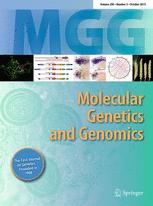 A
A 
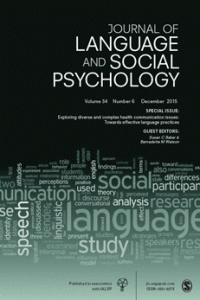
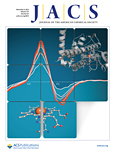 The authors of a paper on a mechanism for potential cancer therapies are retracting it after realizing they published some proprietary findings “without permission and agreement from St. Jude Children’s Research Hospital.”
The authors of a paper on a mechanism for potential cancer therapies are retracting it after realizing they published some proprietary findings “without permission and agreement from St. Jude Children’s Research Hospital.”

